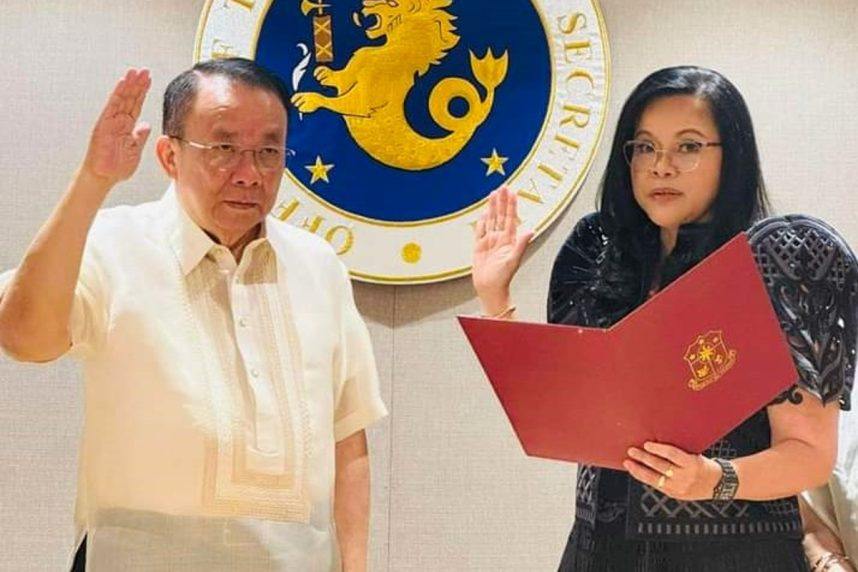Posted on: June 7, 2024, 02:27h.
Last updated on: June 6, 2024, 12:55h.
The Philippines remains on the Financial Action Task Force’s anti-money laundering grey list, an unwanted designation suggesting that the country has weak measures to combat money laundering and terrorist financing.

The FATF is an intergovernmental organization founded by the Group of Seven (G7) that seeks to reduce the illicit flow of money around the world.
The FATF placed the Philippines on the anti-money laundering grey list in 2021. Since then, the Philippines government has pledged to work with the FATF to strengthen its money laundering safeguards.
The Philippines’ many casinos have been dealt partial responsibility for the FATF declaring that the Southeast Asia nation remains susceptible to criminal activity because of its inferior banking security protocols. Last October, Philippines President Ferdinand “Bongbong” Marcos Jr. instructed PAGCOR — the Philippine Amusement and Gaming Corporation that regulates and operates casinos in the country — to develop regulations to ensure that casinos are doing their due diligence to protect their floors from being used to launder dirty money.
PAGCOR Official Tasked
PAGCOR was among 44 government agencies Marcos ordered to take whatever steps their agency leaders deem appropriate to get the Philippines off the FATF grey list. PAGCOR Chairman and CEO Alejandro Tengco said Thursday that his agency is taking action.
Tengco has appointed PAGCOR’s newly minted President and Chief Operating Officer Wilma Eisma to “personally oversee” the gaming regulator’s efforts to develop more stringent protocols to protect against money laundering. Eisma, an attorney, was elevated to the PAGCOR position in April after serving on the board of directors at the Development Bank of the Philippines. She is the first woman to hold the title of PAGCOR president and COO.
Tengco says the agency’s money laundering focus is currently on risk-based supervision and disrupting how junket groups operate. The Philippines has seen an influx of junket firms after China’s Macau cracked down on their operations amid the COVID-19 pandemic.
These measures will help facilitate our early exclusion from the FATF grey list,” Tengco declared.
Junkets cater to wealthy high rollers across Asia and transport them in private jets to casino hubs like Manila’s Entertainment City. There, the VIPs gamble in private high-roller rooms where they’re often afforded a line of credit matching the overall cost of their luxury trip. Some government leaders, including China’s Xi Jinping, believe junkets facilitate the illicit flow of money.
Other countries on the FATF grey list include Congo, Haiti, Nigeria, South Africa, Syria, and Vietnam. Only three nations are on the so-called “black list,” or “high-risk jurisdictions” where countries are encouraged to avoid doing business with — North Korea, Iran, and Myanmar (Burma).
Philippines Making Progress
The FATF has been pleased with the Philippines’ early efforts to ramp up its money laundering defenses. In a February update, the FATF said the “Philippines has taken steps towards improving” anti-money laundering and combatting the financing of terrorism.
Among four bullet points the Philippines is encouraged to continue working on includes “AML/CFT controls to mitigate risks associated with casino junkets.”















